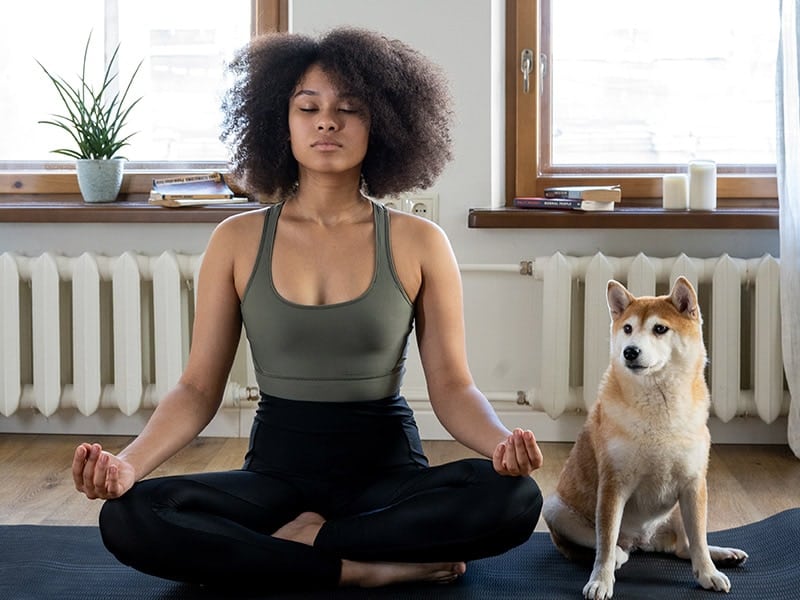Meditation is a practice that has been around for thousands of years and has been used by people of various cultures and religions to enhance their mental, emotional, and physical well-being. The practice of meditation involves training the mind to focus on a particular object, thought, or activity in a way that allows you to become more aware of your thoughts and feelings. In this article, we will discuss a beginner’s guide to meditation and how you can start a daily practice.
Benefits of Meditation
The benefits of meditation are numerous and have been studied extensively by scientists and researchers. Some of the most common benefits of meditation include reducing stress and anxiety, improving sleep quality, increasing self-awareness, improving focus and concentration, and enhancing emotional well-being.
How to Get Started
Starting a meditation practice can seem overwhelming, but it’s important to remember that meditation is a skill that can be learned with practice. Here are some tips to help you get started:

Find a quiet and comfortable space – Look for a space where you won’t be disturbed, and where you can sit comfortably for a period of time. It can be a chair, a cushion, or a yoga mat.
Set a timer – Start with a short amount of time, such as 5-10 minutes, and gradually increase the time as you become more comfortable with the practice.
Focus on your breath – Begin by taking deep breaths and focusing on the sensation of the breath moving in and out of your body. If your mind wanders, gently bring your attention back to your breath.
Practice daily – Consistency is key when it comes to meditation. Try to practice at the same time each day, whether it’s in the morning or evening.
Be patient – Don’t get discouraged if you find it difficult to quiet your mind at first. Meditation is a practice, and it takes time and patience to develop.
Types of Meditation
There are many different types of meditation, each with their own unique approach and benefits. Here are some of the most common types of meditation:
Mindfulness meditation – This type of meditation involves focusing your attention on the present moment, and accepting your thoughts and feelings without judgment.
Loving-kindness meditation – This type of meditation involves cultivating feelings of compassion and kindness towards yourself and others.

Transcendental meditation – This type of meditation involves repeating a mantra or sound in order to quiet the mind and achieve a deep state of relaxation.
Body scan meditation – This type of meditation involves focusing your attention on different parts of your body, and noticing any sensations or feelings that arise.
Incorporating Meditation into Your Daily Routine
Incorporating meditation into your daily routine can be a great way to reap the benefits of this practice. Here are some tips to help you make meditation a part of your daily routine:
Choose a specific time – Whether it’s first thing in the morning or before bed, choose a specific time each day to practice meditation.
Start small – Begin with just a few minutes a day and gradually increase the time as you become more comfortable with the practice.
Use guided meditations – There are many apps and websites that offer guided meditations for beginners, which can be helpful in learning the practice.
Practice mindfulness throughout the day – You don’t have to be sitting in meditation to practice mindfulness. Try to bring awareness to your thoughts, feelings, and surroundings throughout the day.
Be consistent – Consistency is key when it comes to meditation. Try to practice at the same time each day, and make it a non-negotiable part of your daily routine.
Meditation is a powerful tool for enhancing your mental, emotional, and physical well-being. Starting a daily practice can seem overwhelming.

